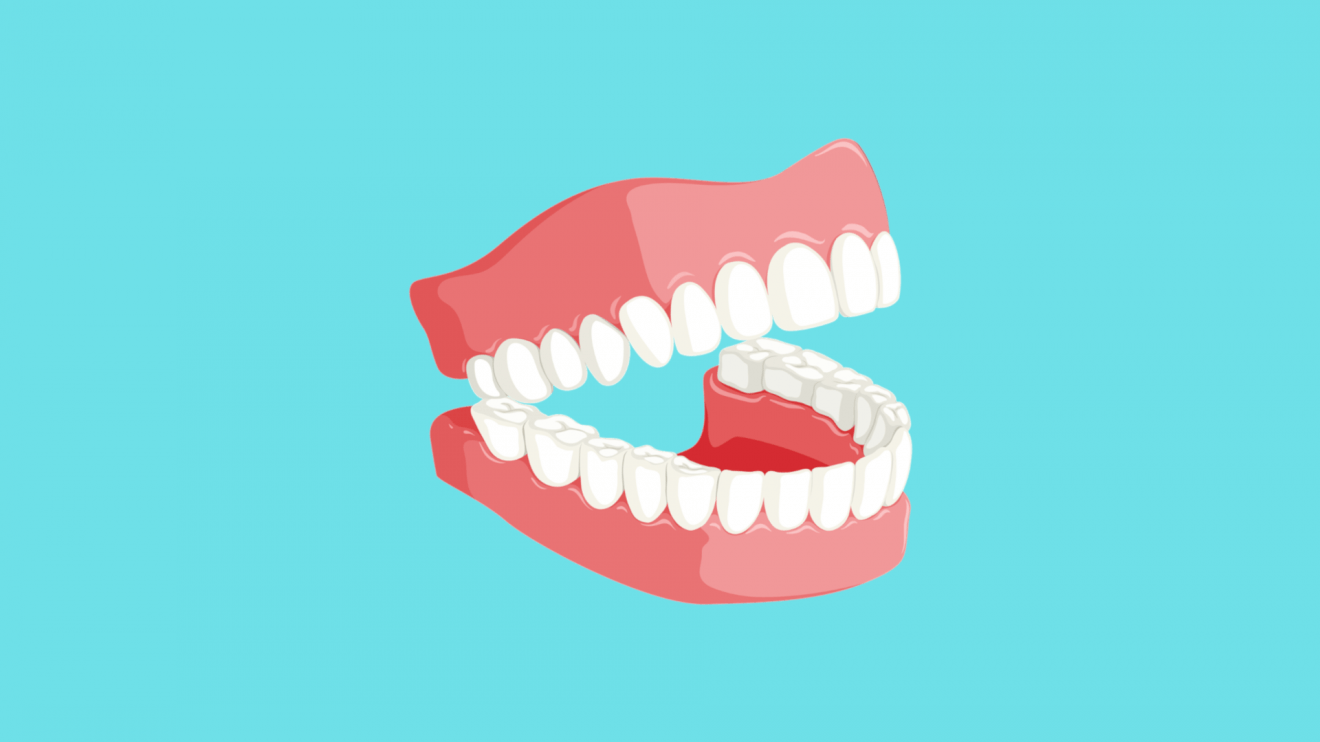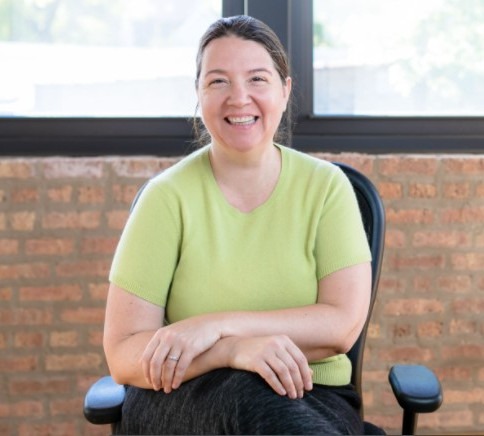Is your business stressing you out? Finding time to be efficient and effective while staying safe has created new challenges in our lives as leaders. Cedars-Sinai hospital in NY estimates teeth-grinding and jaw-clenching habits affect up to one-third of adults in the daytime and more than 1 in 10 in their sleep. Some studies suggest that more than 90 percent are women during their childbearing years.
Teeth grinding can cause significant problems with teeth in general, but it can also alter your looks. Grinding teeth can lead to the wearing away of tooth structure as well as overworked jaw muscles. Teeth become flatter and the bite can collapse leading to thinner lips, a squarer face and fuller cheeks. So, if you have had this bad habit for a while, see your dentist BEFORE pain occurs.
What is Bruxism?
The Mayo Clinic defines bruxism as “a condition in which the individual unconsciously clenches, grinds or gnashes their teeth. It can happen asleep or awake.” Bruxism can lead to temporomandibular joint disorder (TMJD). Overworked jaw muscles and worn teeth put pressure on the right and left jaw joints located in front of each ear.
Signs of Bruxism
If you are experiencing the following symptoms, the American Dental Association recommends getting evaluated for treatment:
- Loud grinding or gnashing your partner can hear
- Headache/migraine
- Earache
- Sleep disruption
- Tight jaw muscles or a “locked” jaw
- Soreness of the jaw, neck or face
- Loose, chipped, or fractured teeth
- Worn tooth enamel
- Tooth pain and sensitivity
- Damage to the inside of your cheek from biting
Causes of Bruxism
How we breathe plays a huge role in grinding teeth. The American Association of Dental Sleep Medicine states that we are meant to breathe through our noses to protect us from pathogens in our air. If we cannot get enough oxygen into our lungs through our noses due to a deviated septum or a sleep disorder like sleep apnea, we will automatically start to mouth-breathe. Some of us will clench and/or grind our teeth to hold our jaws forward to allow enough air to breathe in.
Please discuss with your dentist and primary care physician if you:
- Snore
- Sometimes wake up with a headache
- Often wake up with a dry or sore throat
- Wake up or end your day with your jaw muscles hurting
- Have been diagnosed with acid reflux or gastroesophageal reflux disease (GERD)
Poor tooth alignment can also cause bruxism. Orthodontic work (braces/clear aligners) can help realign the teeth to create better space in the mouth for both the tongue and breathing.
Treating Bruxism
The way we treat bruxism shows how personalized integrative health care can help patients break out of bad habits and significantly reduce tooth/jaw/head pain.
I recommend:
- Getting a custom-made lower hard/soft bite guard. Why for the lower teeth? Lower bite guards are smaller and less in the way of the tongue for those who grind during the day.
- Ruling out Obstructive Sleep Apnea (OSA). Even if one does have OSA, a bite guard can still work as a habit breaker while treating this serious sleep disorder.
- Visiting a chiropractor for pressure-point massage and intra-oral work to help reduce pain, inflammation, and tension.
- Asking a physical therapist to provide exercises to help stretch the jaw muscles and reduce tension.
Receiving Botox injections to provide temporary (3 months) relief for those who have a limited range of motion and cannot chew certain foods due to jaw pain.
Small business owners face emotional, physical, mental and financial struggles every day. Bruxism is just one of them. Unfortunately, the stress causing people to grind and clench is something most of us deal with daily. Fortunately, there are significant signs and symptoms when one is grinding their teeth. If caught early, very little damage and/or pain will come from it. As with all things, a stitch in time saves nine.
About Dr. Joy Poskozim:
For almost 15 years, Dr. Joy Poskozim has owned Joyful Dental Care, a practice focusing on integrating oral and overall health. A national speaker, Dr. Poskozim has educated women, home health leaders, and the public on the importance of self-care. Dr. Joy also serves her community by providing oral care to homebound seniors.








Add Comment